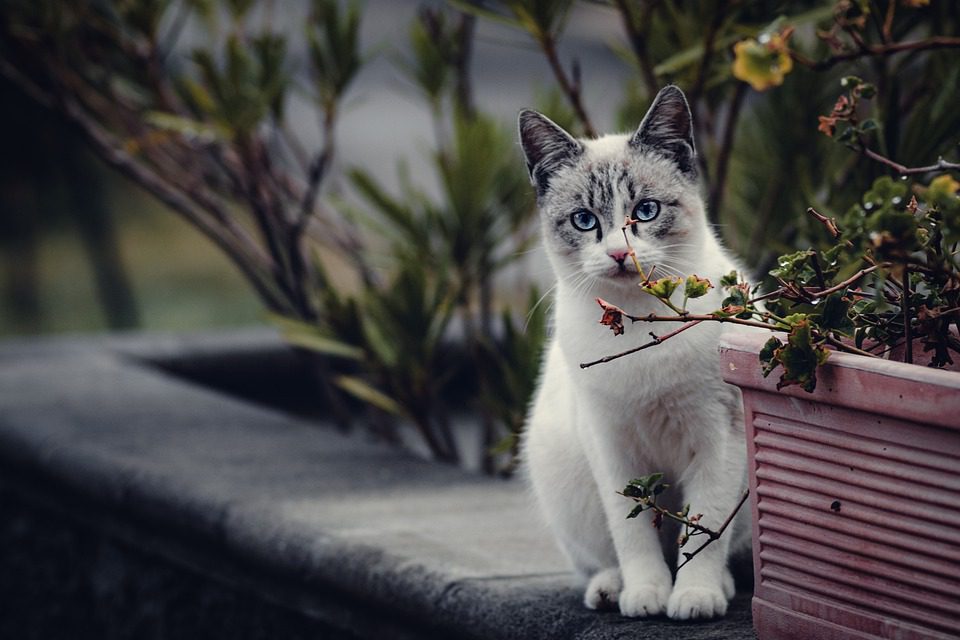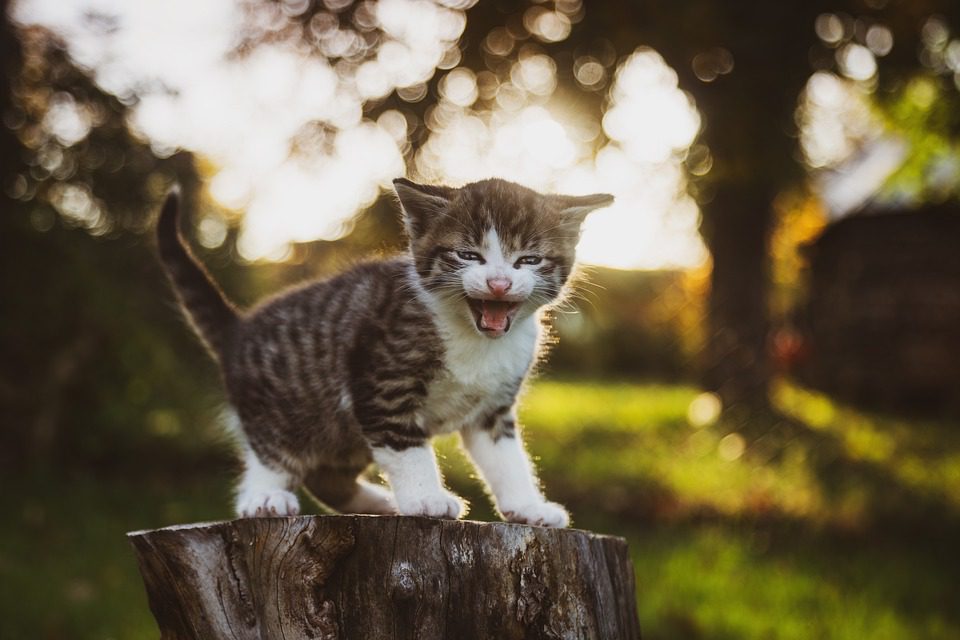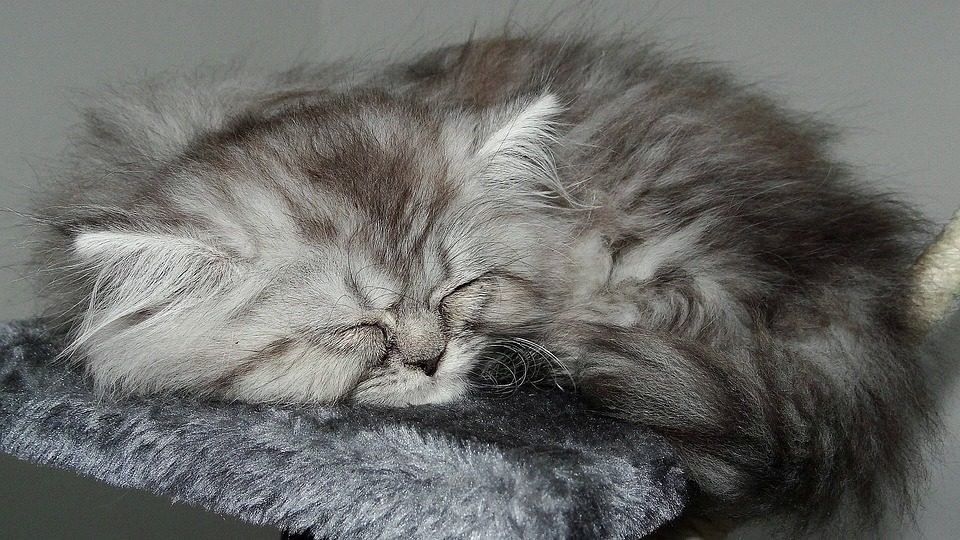Persian cats are known for their distinctive look and gentle personality, but one thing that makes them unique from other cats is their tendency to not meow. While other cats may be quite vocal, Persian cats often remain quiet, with meows being a rarity. This raises the question: why do Persian cats not meow? In this article, we will explore the reasons why Persian cats may not be as vocal as other cats and how to encourage communication from your Persian cat.
Persian Cats: A Quieter Breed
Table of Contents
As one of the most popular cat breeds, Persian cats are known for their long, luscious fur, their sweet faces and their gentle, affable personalities. But there’s one thing that makes Persian cats stand out from other breeds — their quietness. While other cats may meow, Persian cats are virtually silent. But why do Persian cats not meow? What causes this phenomenon?
The Genetics Behind Persian Cats
The most likely explanation for why Persian cats don’t meow is due to their genetics. As one of the oldest cat breeds, Persians have a long history, and it is believed that their ancestors were bred to be quieter than other cats. Over the years, their genetic code has been passed down, meaning that their quiet disposition is an intrinsic part of their breed.
The Physiology of Persian Cats
Another factor that contributes to Persian cats’ lack of vocalization is their physiology. Because of their flat faces, Persian cats have a unique facial structure that affects their airways. This can lead to a condition known as brachycephalic airway syndrome, which can cause a variety of issues, including difficulty breathing. This can make it difficult for Persian cats to meow, as the act of meowing requires a lot of air.
The Nature of Persian Cats
In addition to their genetics and physiology, the nature of Persian cats also contributes to their silence. Persian cats are known for being gentle and affectionate, two traits that make them very easy to live with. As such, they don’t typically feel the need to vocalize, as they are content with just snuggling up to their owners.
The Benefits of Having a Quiet Cat
Though it may seem strange to have a cat that doesn’t meow, there are actually a few benefits to having a Persian cat. For one, they are much quieter than other cats, making them ideal for people who live in apartments or other small spaces. Furthermore, Persian cats can be easily trained, as they are very intelligent and receptive to instruction.
The Drawbacks of Having a Quiet Cat
Of course, there are also some drawbacks to having a Persian cat. Because they are so quiet, it can be difficult to tell when something is wrong. As such, Persian cats may not alert their owners if they are feeling sick, injured or otherwise uncomfortable. As a result, it’s important for owners to pay close attention to their cats and be aware of any changes in behavior.
Conclusion
Persian cats are known for their quietness, as they typically don’t meow like other cats. This is due to a combination of factors, including their genetics, physiology and nature. While there are some benefits to having a quiet cat, there are also some drawbacks, so it’s important to be aware of any changes in behavior.
**Common Myths about Persian Cats Not Meowing**
There are many misconceptions about why Persian cats do not meow. Let’s debunk some of the most common myths about this topic:
Myth 1: Persian cats are mute.
Persian cats are not mute, they just meow less than other cats. While many cats are known for their loud meowing, Persian cats tend to meow less often and more softly.
Myth 2: Persian cats don’t have vocal cords.
This is false. All cats, including Persian cats, have vocal cords. Persian cats are simply less likely to use them to meow.
Myth 3: Persian cats cannot meow.
This is also false. Persian cats can and do meow, but are less vocal than other cats.
Frequently Asked Questions
Why do Persian cats not meow?
Answer: Persian cats are known for being quieter than other cat breeds, which is why they don’t meow as often. This is because they have a genetic mutation that makes their vocal cords less flexible, resulting in a softer sound than other cats.
Conclusion
Persian cats are a popular breed known for their long, luscious fur and gentle personalities. They are also far quieter than other cats due to a combination of their genetics, physiology, and nature. While having a quiet cat can have its benefits, such as being ideal for small spaces, it can also come with drawbacks, as it can be difficult to tell when something is wrong with your cat. Owners should therefore be aware of any changes in behavior.





